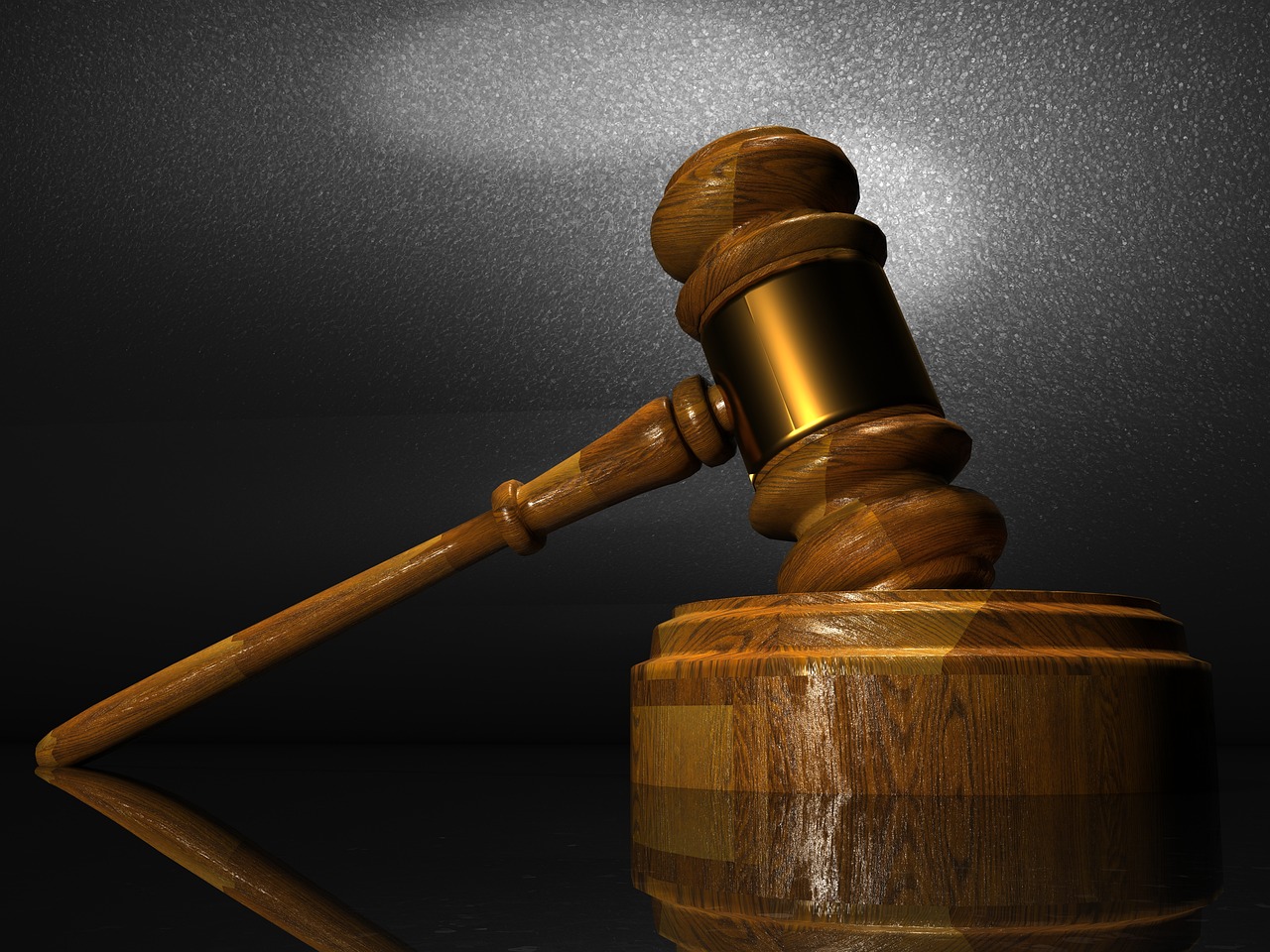Litigation

Commercial Litigation Law Firm
The British common law system serves as the foundation for most Indian laws. This implies that decisions made by higher courts (such as the Supreme Court and high courts) serve as a binding precedent and are used as a guide in cases involving comparable legal and factual issues that are decided by subordinate courts in the future. Additionally, the legal system is adversarial. The pertinent procedural codes include the rules that govern litigation.
The Code of Civil Procedure, 1908 normally governs civil conflicts, whereas the Code of Criminal Procedure, 1973 governs criminal proceedings. The Evidence Act of 1872 contains the rules of evidence. The parties’ substantive rights will be governed by the relevant substantive acts passed by the Parliament and/or state legislatures applicable to the case, such as the Transfer of Property Act, 1882, the Contract Act, 1872, or the Indian Penal Code, 1860, in addition to the procedural and evidentiary rules. Adding to these rules, there are various special regulations to govern some specific claims such as Consumer protection, Companies Act, RTI Act, etc.
Our Services
Our team of litigation attorneys regularly appears before various courts and tribunals to help the clients in the following broad areas:
- Corporate and Commercial Litigation
- Civil Litigation
- Service Litigation
- Criminal Litigation
- Regulatory Litigation
Across courts and tribunals including:
- Lower courts
- High courts
- Supreme court
- National Company Law Tribunal (NCLT)
- Debt Recovery Tribunal (DRT)
- National Green Tribunal (NGT)
- Real Estate Regulatory Authority (RERA)
- Telecom Regulatory Authority of India (TRAI)
Key Highlights
The Firm has been successfully assisting clients with commercial litigation throughout India, for over 15 (fifteen) years. The team has gained substantial experience in managing and coordinating litigation disputes with regional lawyers across 900 locations.
- Extensive Expertise: Seasoned litigators with a deep understanding of Indian commercial laws and regulations.
- Diverse Industry Focus: Specialization in various sectors, including corporate, finance, technology, and more.
- Comprehensive Legal Services: A wide range of services from contract disputes to regulatory compliance.
- Nationwide Presence: Offices across India for local representation and in-depth knowledge.
- International Reach: Ability to handle cross-border disputes and international clients.
- Strategic Litigation: Tailored strategies to align litigation with business goals.
Approach at KSK as The Best Commercial Litigation Law Firm
Due to the implementation of many changes intended to ensure a quicker administration of justice, the litigation sector has seen significant advancements during the previous several years. India’s rising economy and high-value commercial conflicts made these measures highly necessary. To create a more welcoming climate for foreign investors, many laws were passed, including the 2015 Arbitration Amendment Act, the 2016 Insolvency and Bankruptcy Code, and the creation of Commercial Courts, among others.
These changes demand a more efficient way of working from litigation attorneys. At KSK as a Commercial Litigation Law Firm, we are committed to delivering time-bound and cost-effective legal solutions to our huge clientele. In recent years, KSK has helped its clients to succeed in some of the most complex/cross-jurisdictional matters and regulatory investigations.
Key Professionals
Related Practice Areas
FAQs
Are Court Hearings Open To The Public?
According to Section 153B of the Code of Civil Procedure, 1908, every civil court that is held to try any claim must be regarded to be an open court, to which the general public may have access to the extent that such a court can easily accommodate such a person.
A similar rule applies to criminal trials, where Section 327(1) of the Criminal Procedure Code (Cr.P.C.) states that any location where a criminal court is held to investigate or try any offense shall be deemed to be an open Court to which the general public may have access, to the extent that such location is capable of conveniently containing them.
Does One Have The Right To Defend His Case In Court Without A Lawyer?
The court may let any individual appear before it, even if he is not an advocate, according to Section 32 of the Advocate’s Act. There are broad norms that allow for exceptions, but they are mainly regulatory, and their main objective is to impose appropriate limits for the benefit of the general public.
Every court contains rules that serve as a guide for implementing procedures. These regulations also discuss arguing a case without an advocate.
What Is A Vakalatnama?
A client may authorize an attorney to represent him in court by submitting a written document called a Vakalatnama. It is sometimes referred to as an appearance memo. In section 2 of the Advocates’ Welfare Fund Act of 2001, the term “Vakalatnama” is defined as (u) A memorandum of appearance or any other document that gives an advocate the right to appear before a court, tribunal or other authority is referred to as a “Vakalatnama.”
The person who holds the vakalatnama is referred to as the pleader, advocate, counsel, vakil, or attorney, and he or she is qualified to receive it on behalf of his or her client or other parties to the dispute.
Can We Directly Approach The Supreme Court?
Any citizen may file a Write Petition with the Supreme Court of India under Article 32 of the Indian Constitution in order to have their constitutionally protected fundamental rights upheld. Only in the aforementioned circumstance may anyone file a direct petition with the Supreme Court of India.





